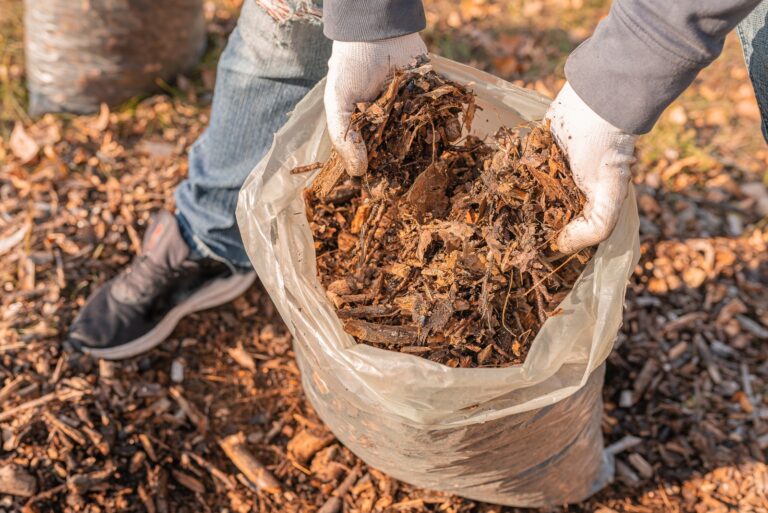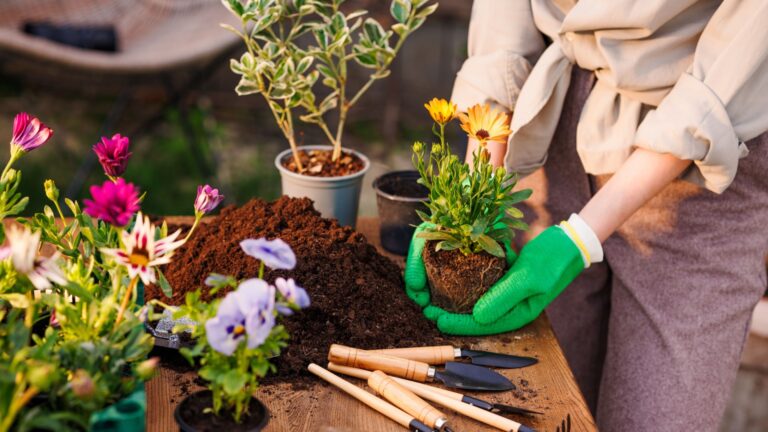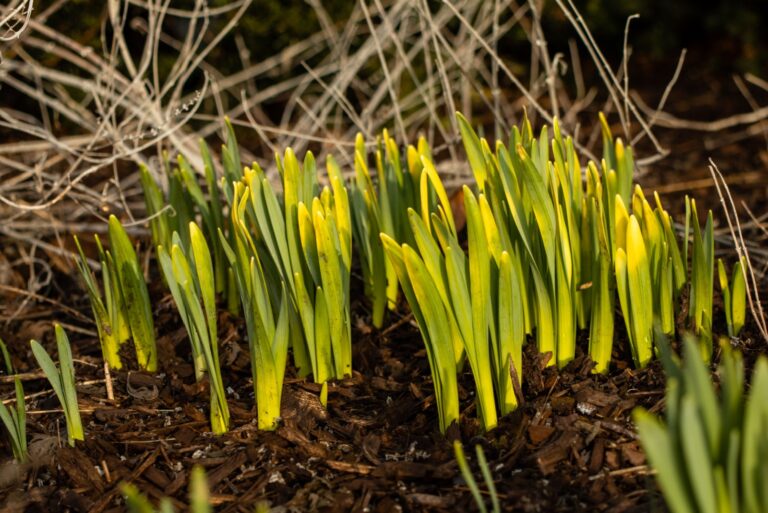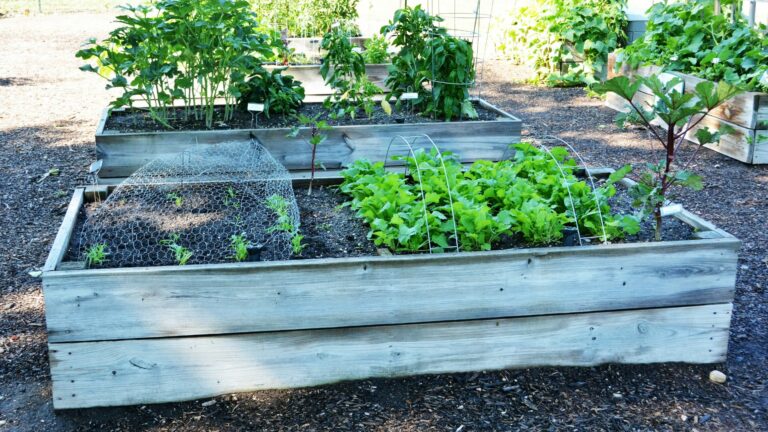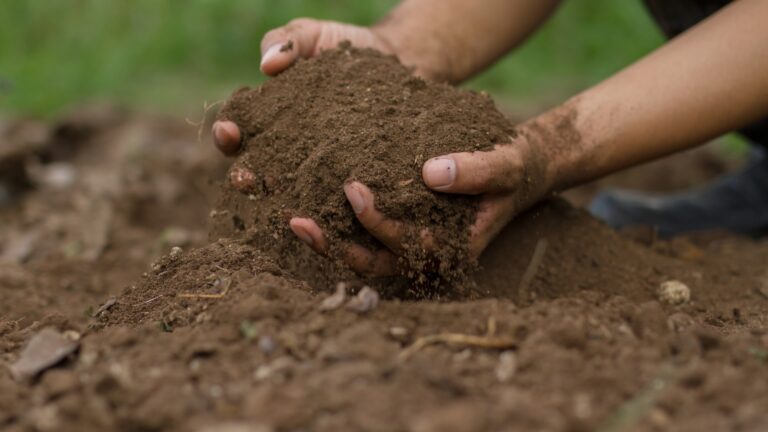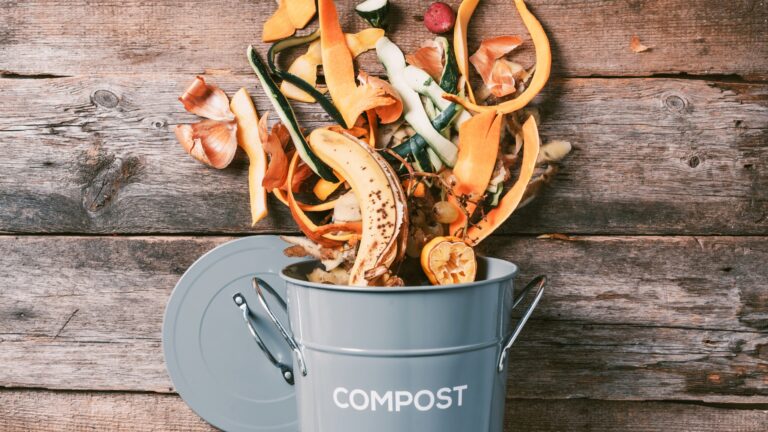22 Composting Tips That Will Keep Your Soil Healthy
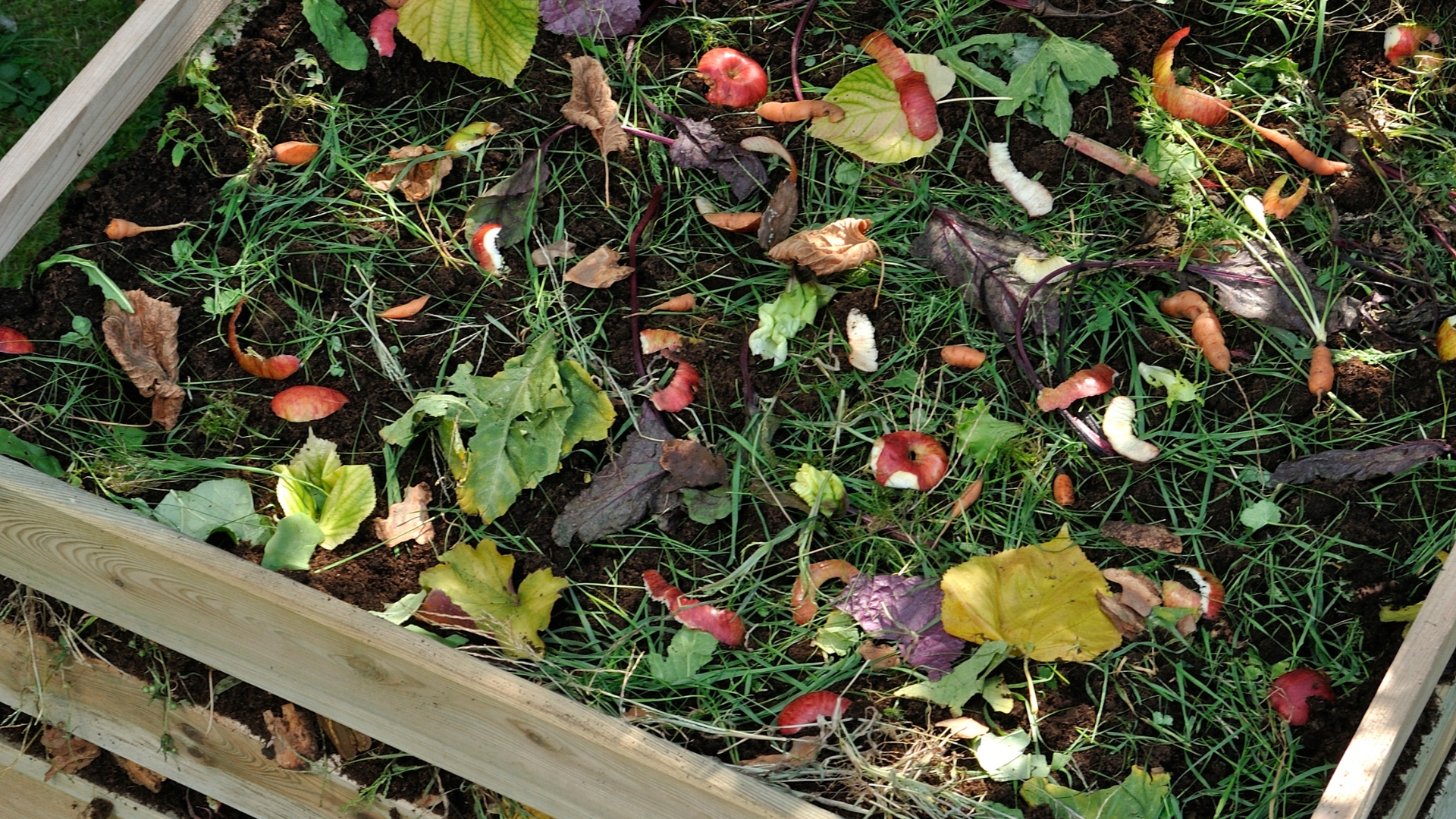
I’ve always been fascinated by the magic that happens when kitchen scraps and yard waste transform into rich, black gold for the garden.
It’s a delightful process that not only reduces waste but nourishes my plants in the most natural way possible.
Through trial and error, I’ve gathered some invaluable tips that I’m excited to share with you, so you too can keep your soil teeming with life.
1. Balance Greens And Browns
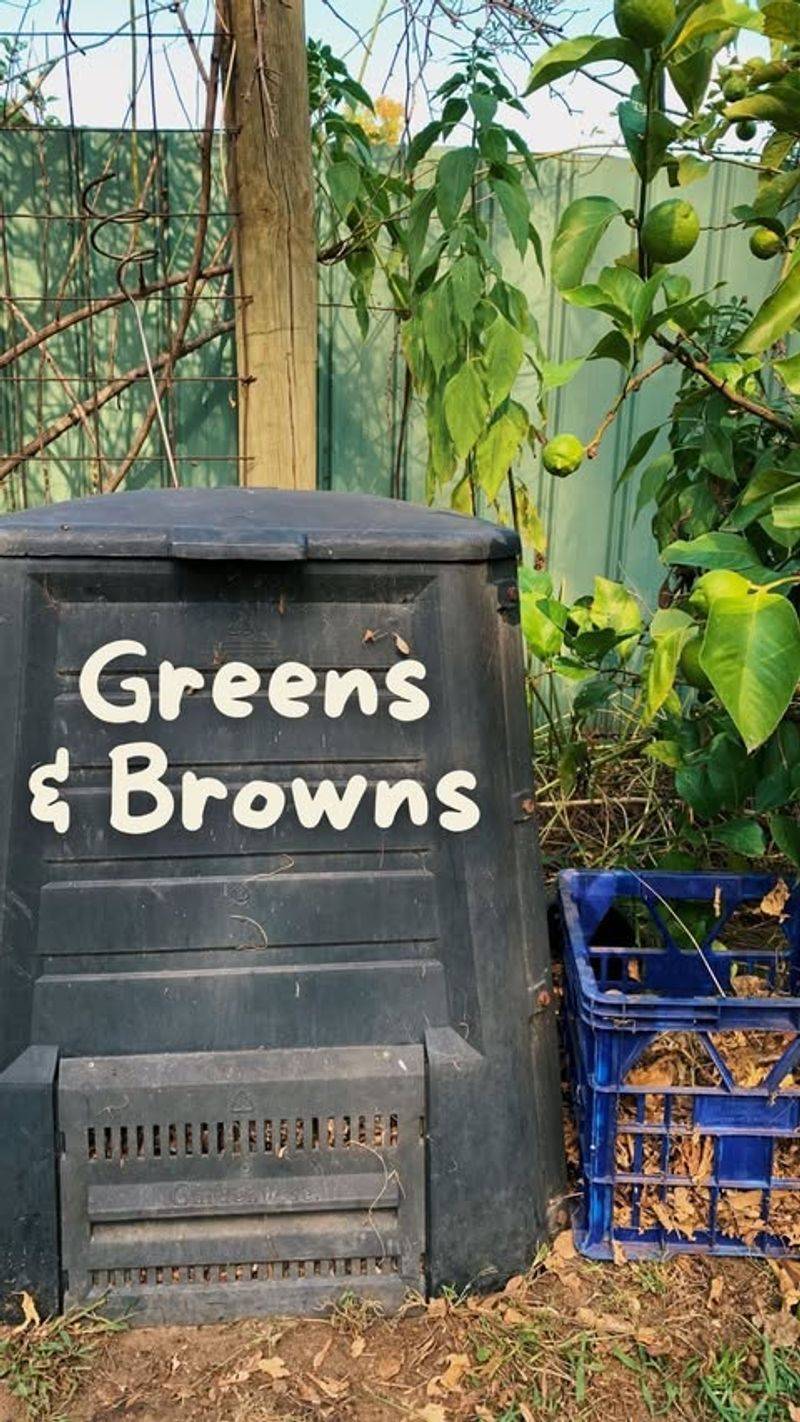
Achieving the right mix is crucial. Aim for a balance between nitrogen-rich greens and carbon-heavy browns. Greens include kitchen scraps and fresh grass, while browns are dry leaves and twigs. This balance ensures efficient decomposition and prevents odors.
Think of composting as a recipe. Too much of one ingredient can spoil the batch. By layering greens and browns, you create an environment where microbes thrive, turning waste into fertile soil. Regularly turning your pile will also help keep the process aerated and active.
Consistency is key, and soon your pile will reward you.
2. Chop Materials Small
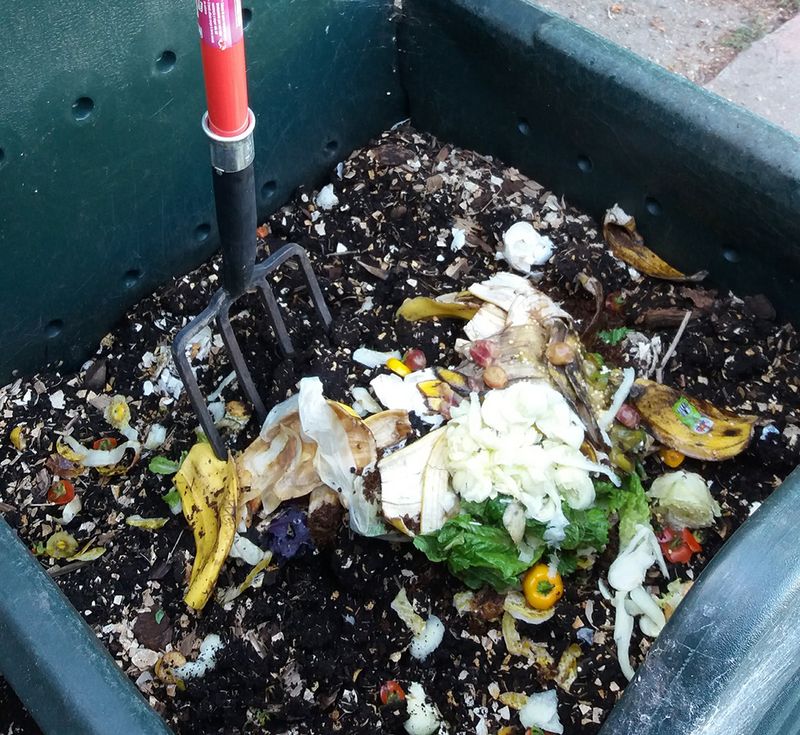
Smaller pieces break down faster. By cutting or shredding materials before adding them to your compost, you accelerate the decomposition process. This allows for more efficient microbial action and quicker results.
When you prepare your leftovers, consider giving them a quick chop. It might seem tedious, but the smaller surface area can make a significant difference in how quickly your compost turns rich and crumbly.
It’s a simple step that can yield significant benefits for your composting efforts. Plus, it’s a great way to ensure nothing goes to waste.
3. Keep It Moist
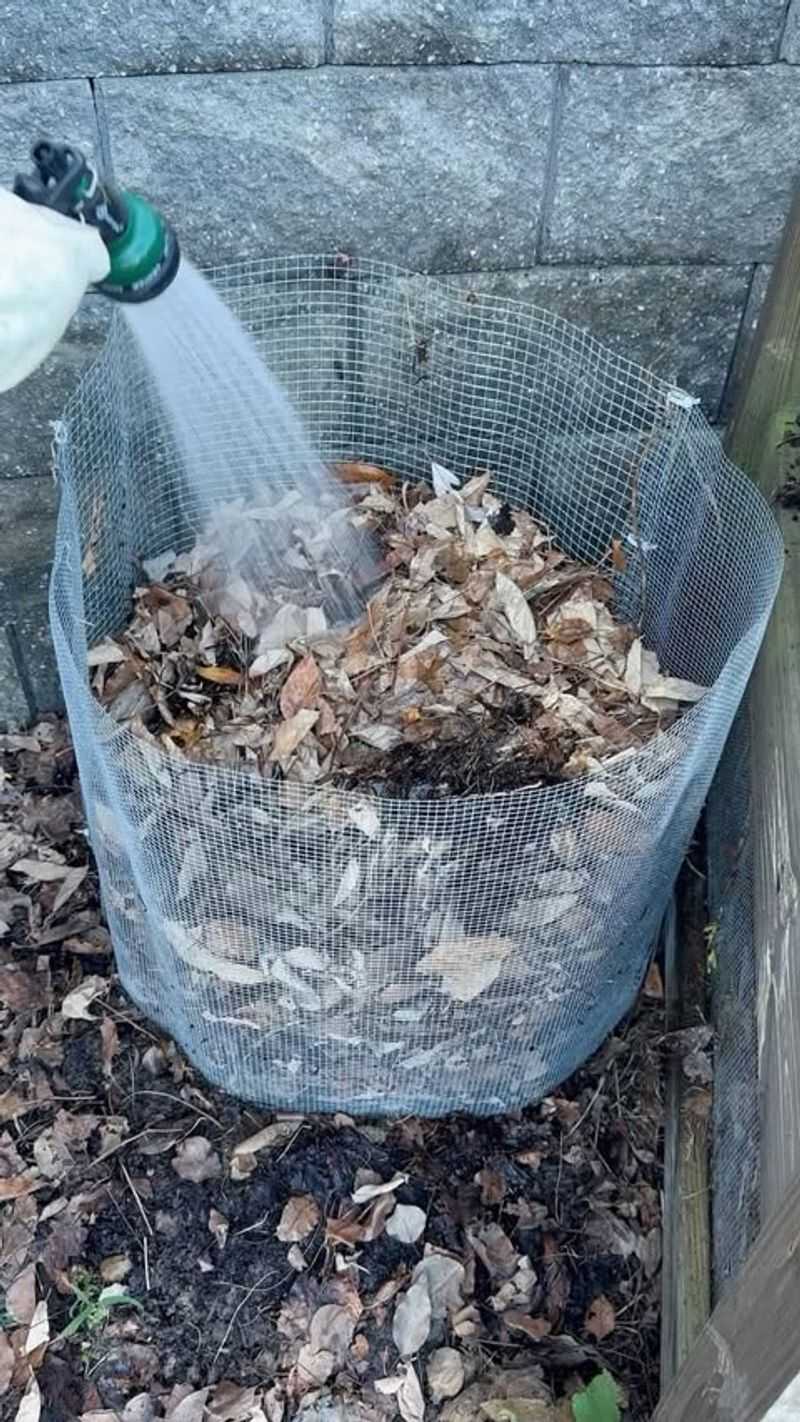
Moisture is essential. A dry compost pile will halt decomposition, while too much water can cause it to rot. The goal is to keep it as damp as a wrung-out sponge.
Regularly check your pile and give it a light watering if needed. This mimics the natural conditions that microbes need to break down organic material.
Maintaining the right moisture level is a balancing act, but with a little practice, you’ll soon get the hang of it. Your garden will thank you with lush, healthy growth.
4. Turn Your Pile Regularly
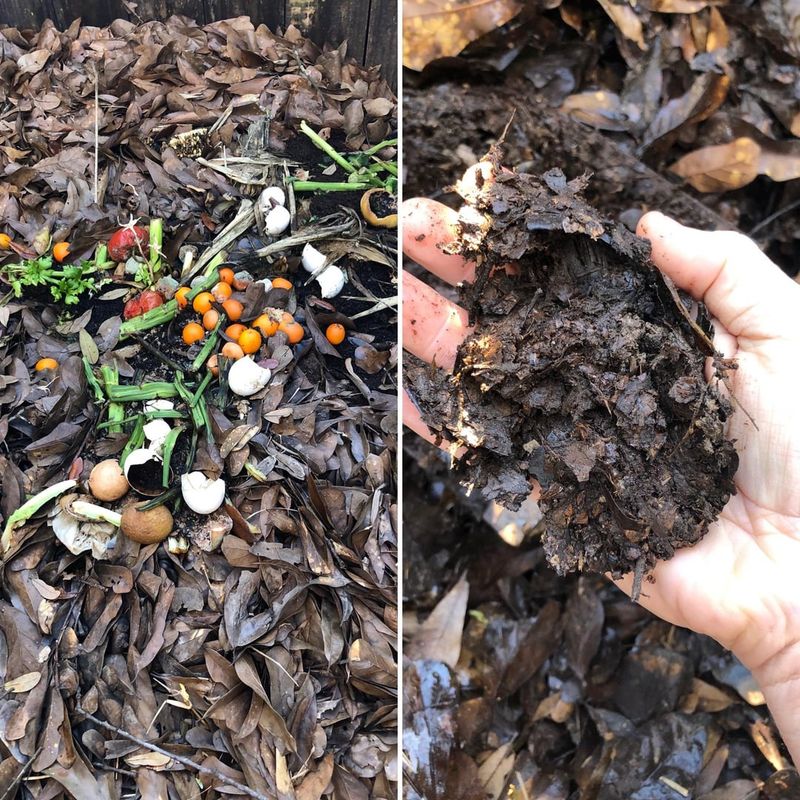
Turning introduces air. Oxygen is vital for aerobic decomposition, which is the type you want for a healthy compost pile. Regularly turning your pile helps prevent unpleasant odors and speeds up the composting process.
Think of it as giving your compost a breath of fresh air. By using a garden fork to turn the materials, you encourage even decomposition and distribution of microbes throughout the pile.
It’s a bit of physical work but highly rewarding when you see the transformation of waste into nutrient-rich soil.
5. Avoid Meat And Dairy
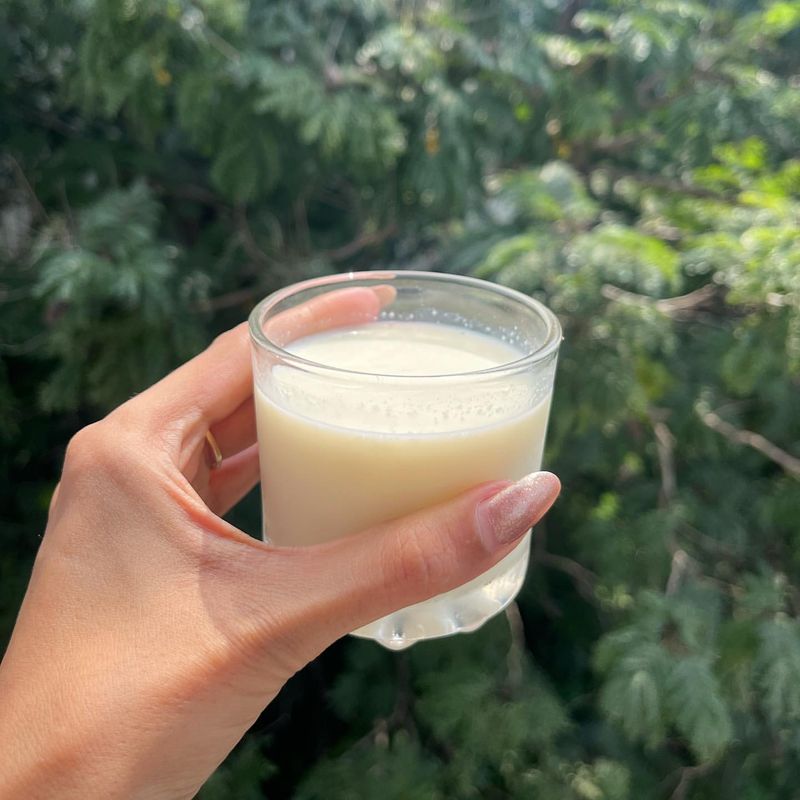
Certain items disrupt composting. Meat and dairy can attract pests and create odor issues. They don’t decompose quickly and can introduce unwanted bacteria to your compost.
Stick to plant-based scraps and avoid anything that might upset the balance of your pile. This ensures a smoother, more efficient composting process.
By being selective about what goes in, you help maintain the health and productivity of your compost, leading to better results for your garden.
6. Use A Compost Bin
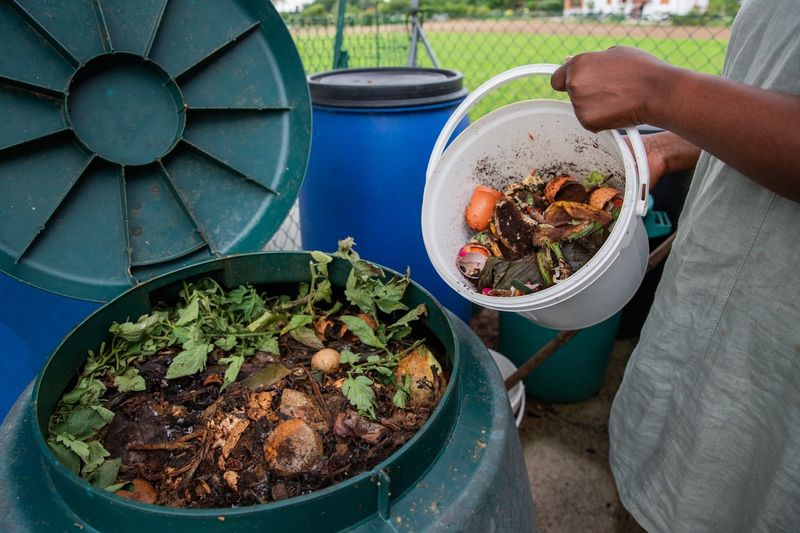
Containment is beneficial. A compost bin helps manage your composting materials, keeping them neatly together and protected from pests. It also retains heat, which speeds up decomposition.
Choose a bin that suits your space and needs. Some bins are designed for turning, while others are stationary but insulated.
A good bin can make your composting experience more organized and efficient, ensuring you make the most of your organic waste. It’s a small investment with rewarding returns.
7. Start With A Base Layer
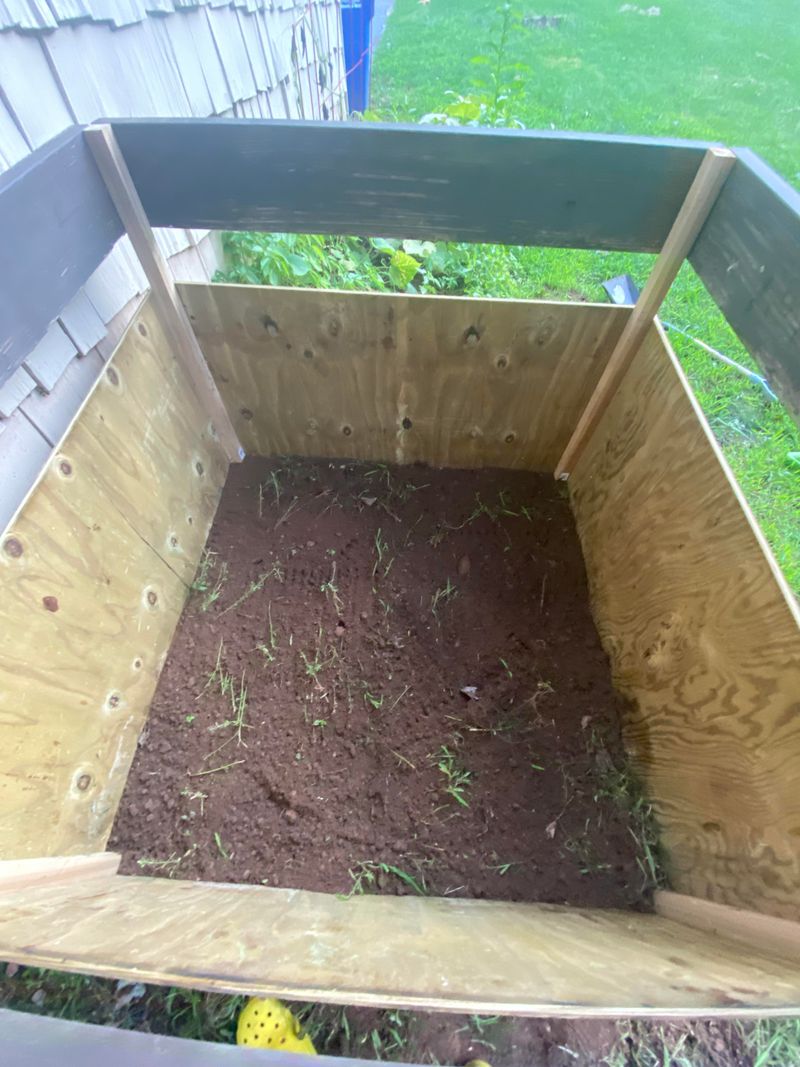
Begin with a solid foundation. Adding a base layer of coarse materials like sticks or straw helps with drainage and aeration. This sets the stage for effective composting.
When you start your pile, lay down this base first. It acts like a filter, allowing excess moisture to escape and air to circulate.
This foundational step can make a notable difference in how well your composting process goes, leading to richer soil in the end.
8. Maintain a Moderate Temperature
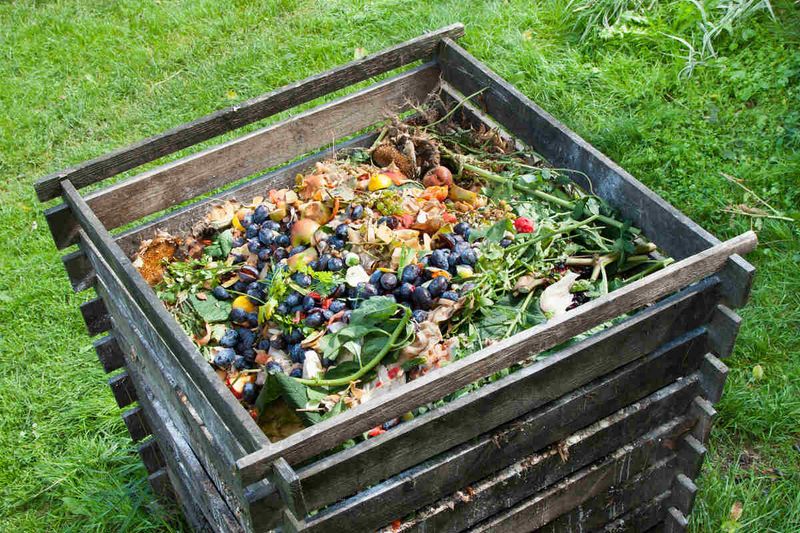
Temperature matters. Compost thrives in warmth, but too much heat can kill beneficial microbes. Aim for a moderate temperature to keep decomposition active and efficient.
Use a compost thermometer to monitor your pile. If it gets too hot, turn the materials to cool it down.
Keeping an eye on the temperature ensures that you’re creating optimal conditions for your compost to break down organically and effectively.
9. Add Soil For Microbes
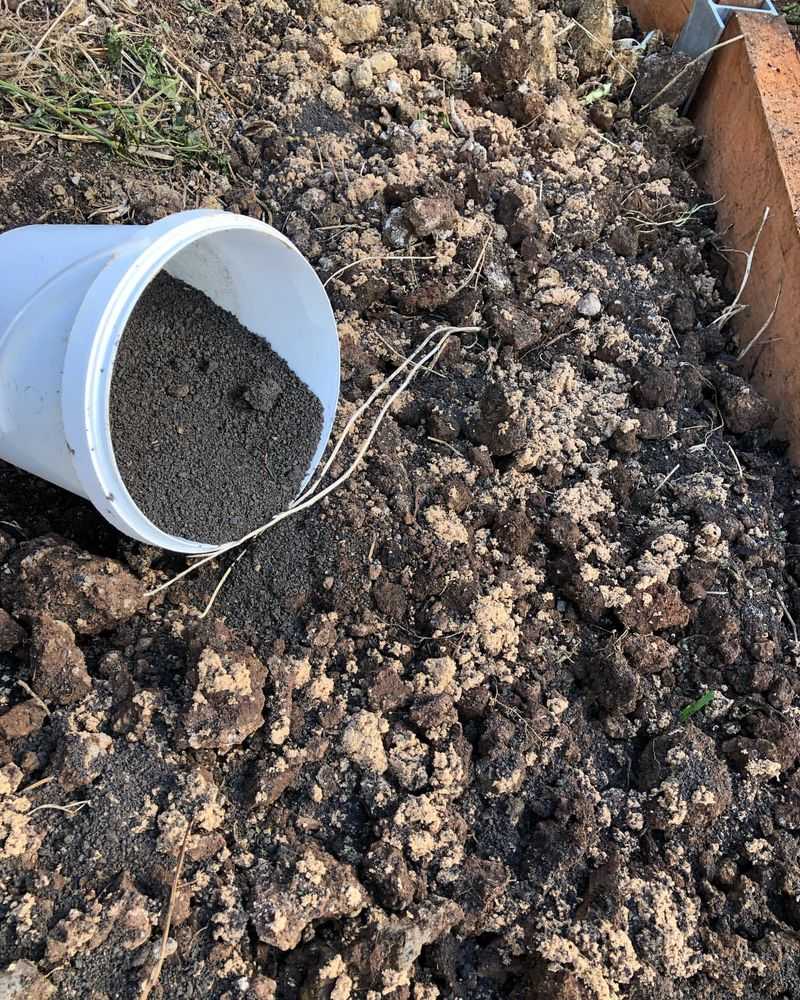
Boost your pile with life. Adding a small amount of soil introduces beneficial microbes that aid decomposition. These tiny helpers accelerate the breakdown of organic materials.
Think of it as inoculating your compost. The soil acts as a starter culture, providing the necessary biology to kickstart the composting process.
Include soil every so often to maintain a healthy and diverse microbial community, ensuring your compost stays active and productive.
10. Include Eggshells

Calcium matters too. Eggshells are a great source of calcium for your compost, which is beneficial for plant growth. They decompose slowly, providing a long-term nutrient supply.
Before adding, crush the shells to speed up their breakdown. This small step helps them integrate better into the pile and offers more immediate benefits.
Eggshells are a simple but effective addition to your composting routine, enriching the soil with essential minerals.
11. Add Coffee Grounds

Coffee isn’t just for mornings. Used coffee grounds are a fantastic source of nitrogen, which is crucial for compost. They also help improve the structure of your soil.
Collect your coffee grounds and sprinkle them onto your compost. They’re finely ground, which makes them quick to decompose and integrate.
Not only do they enrich your compost, but they also provide a great way to recycle your daily brew’s leftovers.
12. Avoid Glossy Paper

Not all paper is compost-friendly. Glossy paper often contains inks and coatings that don’t break down and can add toxins to your compost.
Stick to plain paper or cardboard, and tear it into small pieces to aid decomposition. This ensures that your compost remains pure and beneficial for your garden.
Being mindful of what paper you add protects the integrity of your compost and ultimately, your plants.
13. Use Leaves Seasonally
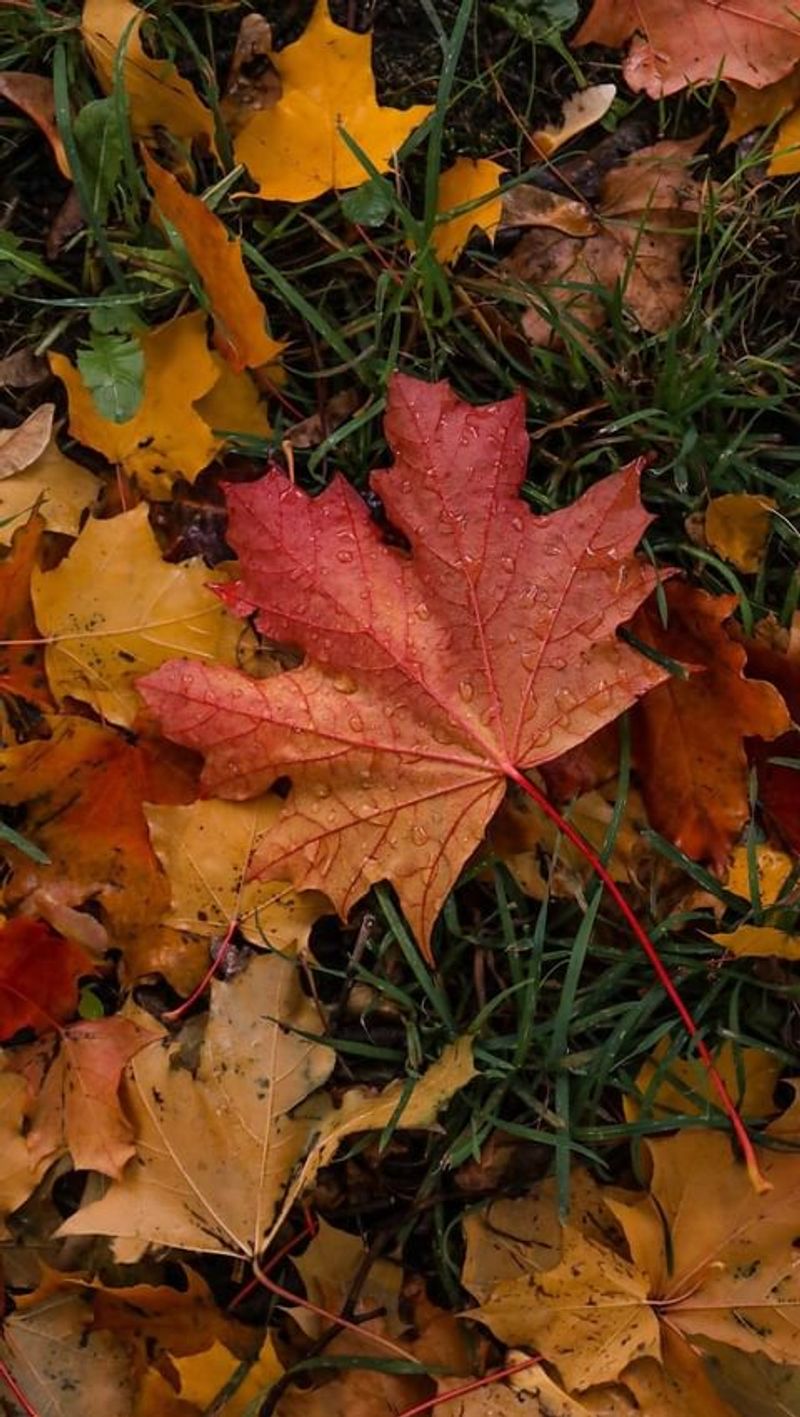
Nature provides the best ingredients. Fallen leaves are abundant in autumn and make excellent compost material when used correctly. They’re rich in carbon, helping balance your compost.
Collect leaves, shred them, and add them to your pile. Their breakdown enriches the compost, turning it into a powerful soil amendment.
Utilizing leaves that would otherwise be discarded makes for a sustainable and rewarding composting practice.
14. Avoid Weeds With Seeds
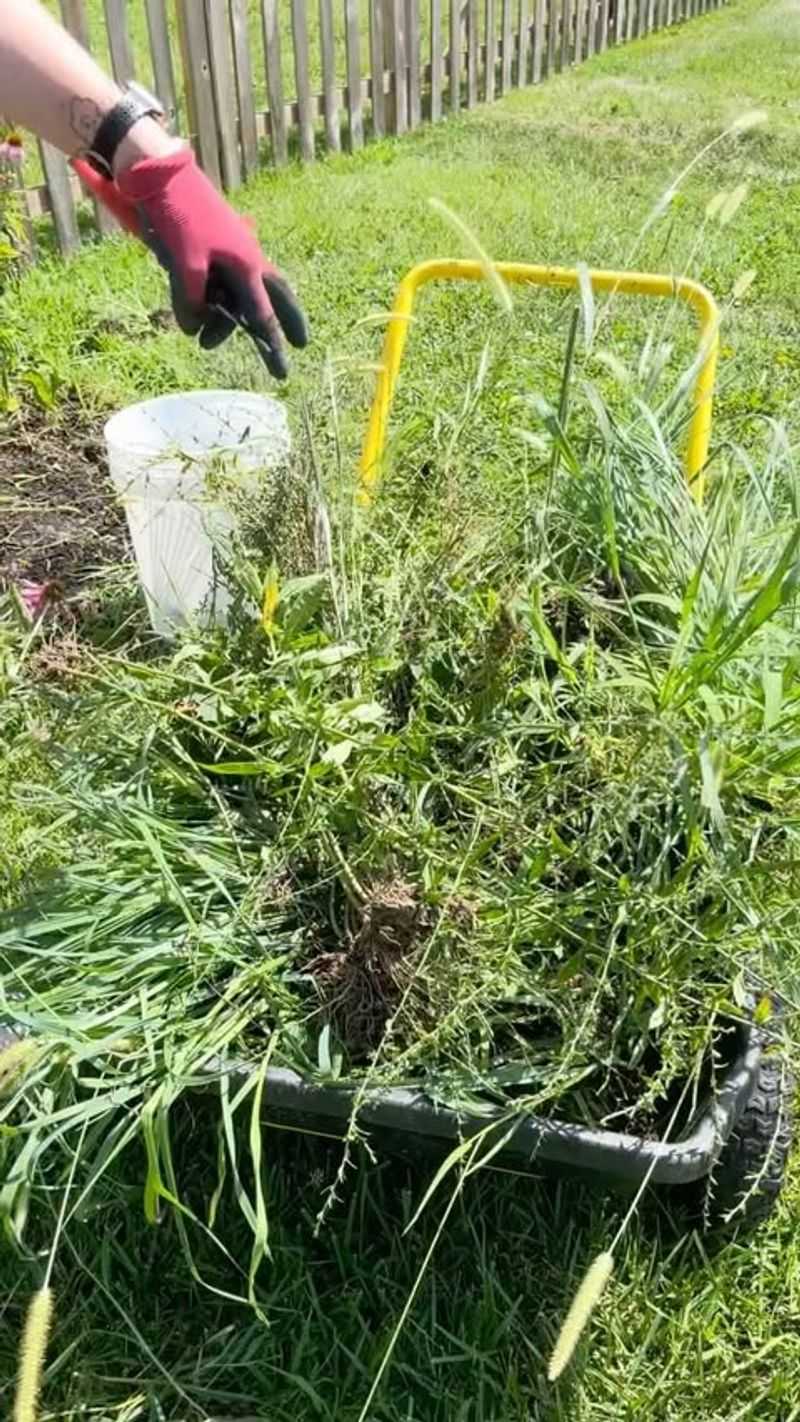
Be cautious with weeds. Composting weeds with seeds can lead to unwanted plants sprouting when you use the finished compost.
Avoid adding these to your pile. Instead, choose only weed-free greens or thoroughly heat-compost any weeds to kill the seeds.
This careful practice prevents future gardening headaches and ensures your compost remains a beneficial addition to your soil.
15. Layer Your Materials
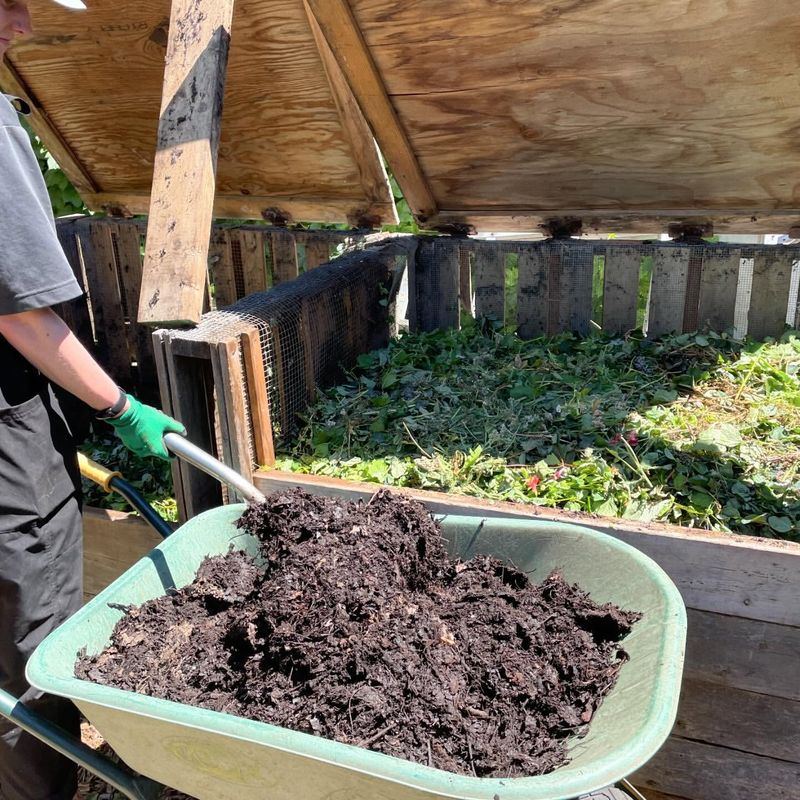
Structure aids decomposition. By layering your compost materials, you help maintain balance and promote efficient breakdown.
Alternate layers of green and brown materials, ensuring good aeration and moisture levels. This method optimizes the environment for microbes.
A well-layered compost pile not only decomposes faster but also produces richer, more consistent soil.
16. Patience Is Key
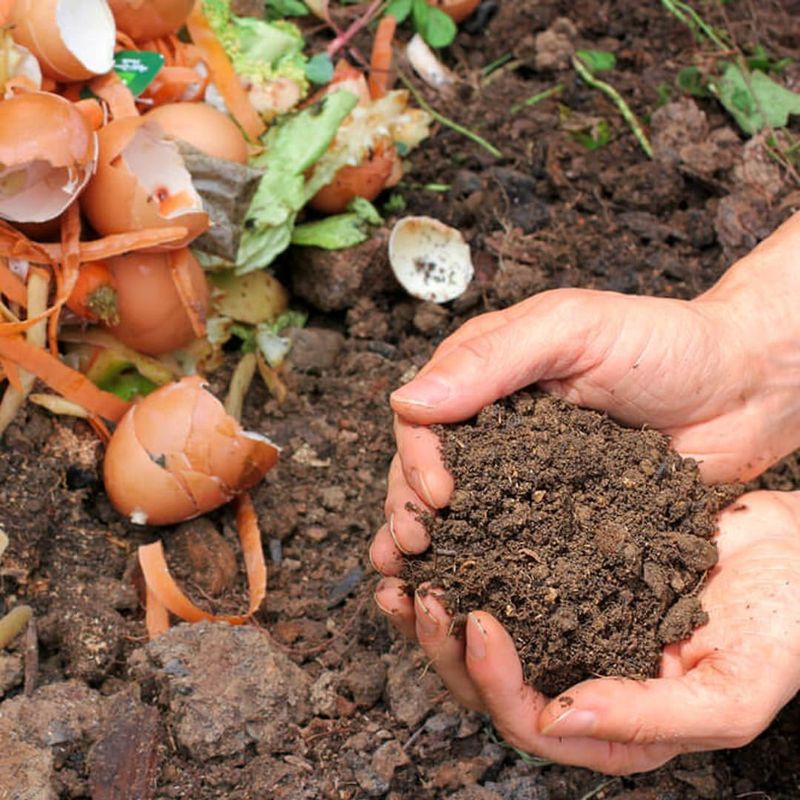
Composting takes time. It’s a natural process that doesn’t happen overnight. Patience allows you to refine your technique and understand your compost’s needs better.
Stay committed, and resist the urge to rush it. Monitor the pile, make adjustments, and let nature do its work.
The reward of rich, fertile soil is worth the wait, providing your garden with the best possible nourishment.
17. Compost In Winter
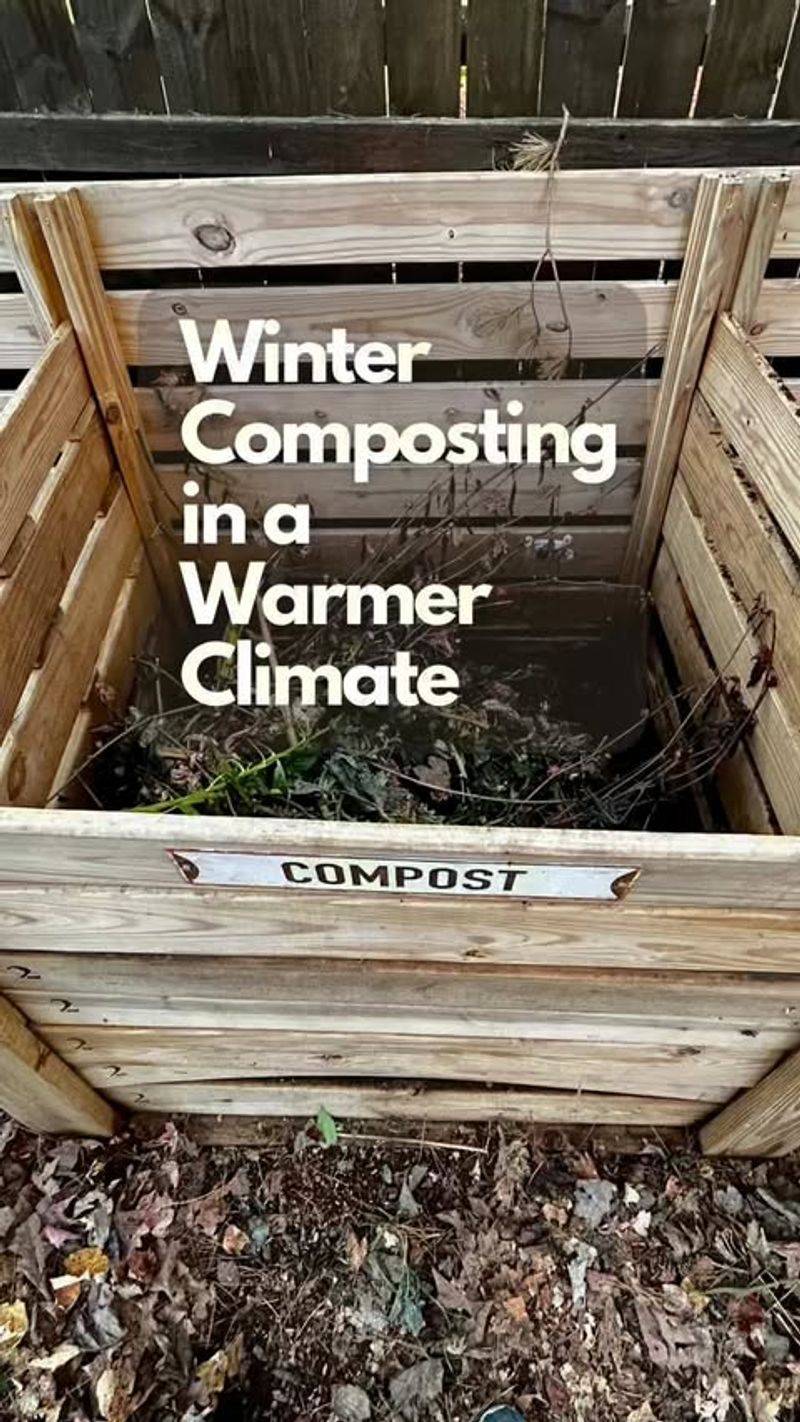
Cold doesn’t stop composting. Though the process slows down in winter, it doesn’t cease. Keep adding materials, and watch the pile come back to life as temperatures rise.
Insulate your compost with straw or leaves to maintain warmth, allowing it to continue decomposing throughout the colder months.
This year-round effort ensures a continuous supply of compost when spring arrives, ready to enrich your garden.
18. Use A Compost Thermometer
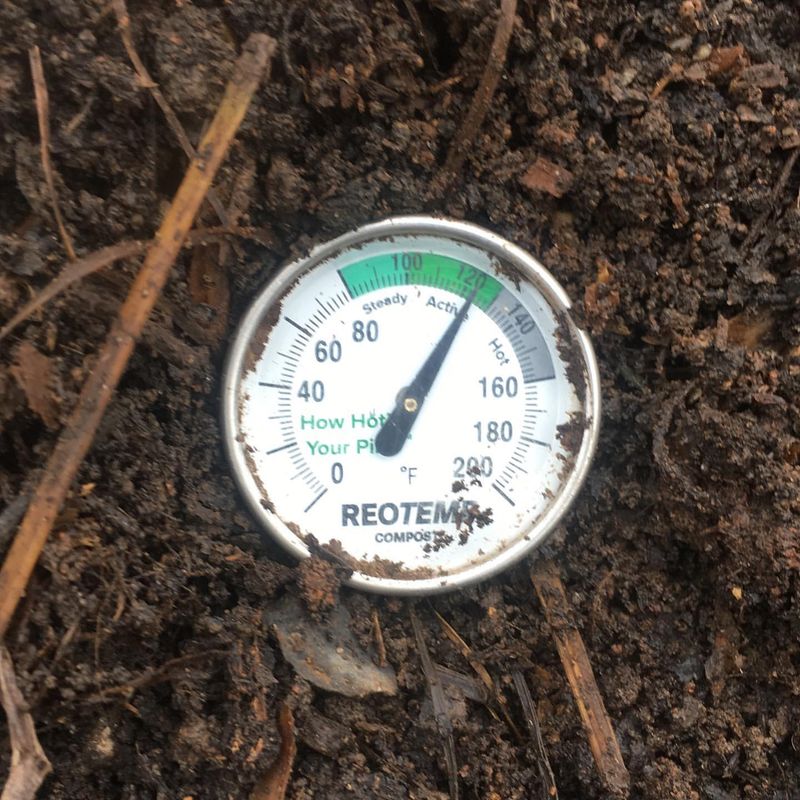
Monitor your compost’s health. A compost thermometer helps you keep track of the internal temperature, ensuring optimal conditions for decomposition.
Regularly check the temperature, and make adjustments as needed, such as turning the pile or adding materials.
Maintaining the right temperature is crucial for effective composting, providing insights into how well your pile is progressing.
19. Encourage Worm Activity
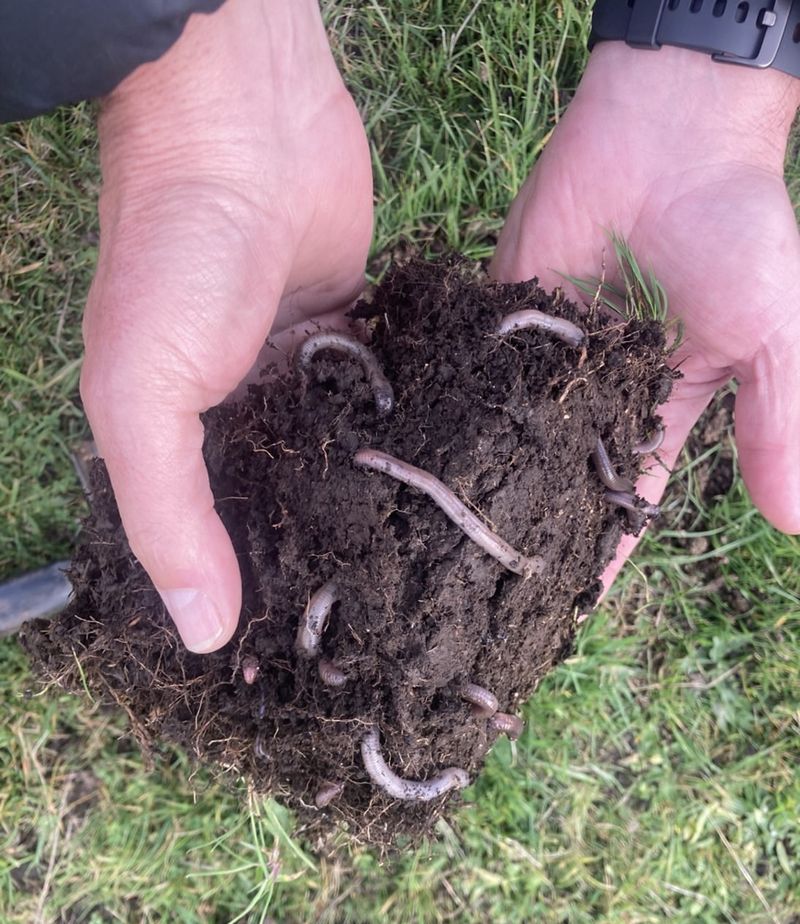
Worms are natural decomposers. Encouraging their presence in your compost pile enhances decomposition and enriches the soil with their castings.
Introduce red wigglers, known for their composting abilities, and provide them with a moist, food-rich environment.
Their activity not only speeds up the process but also improves the quality of the compost, making it even more beneficial for your plants.
20. Avoid Pet Waste
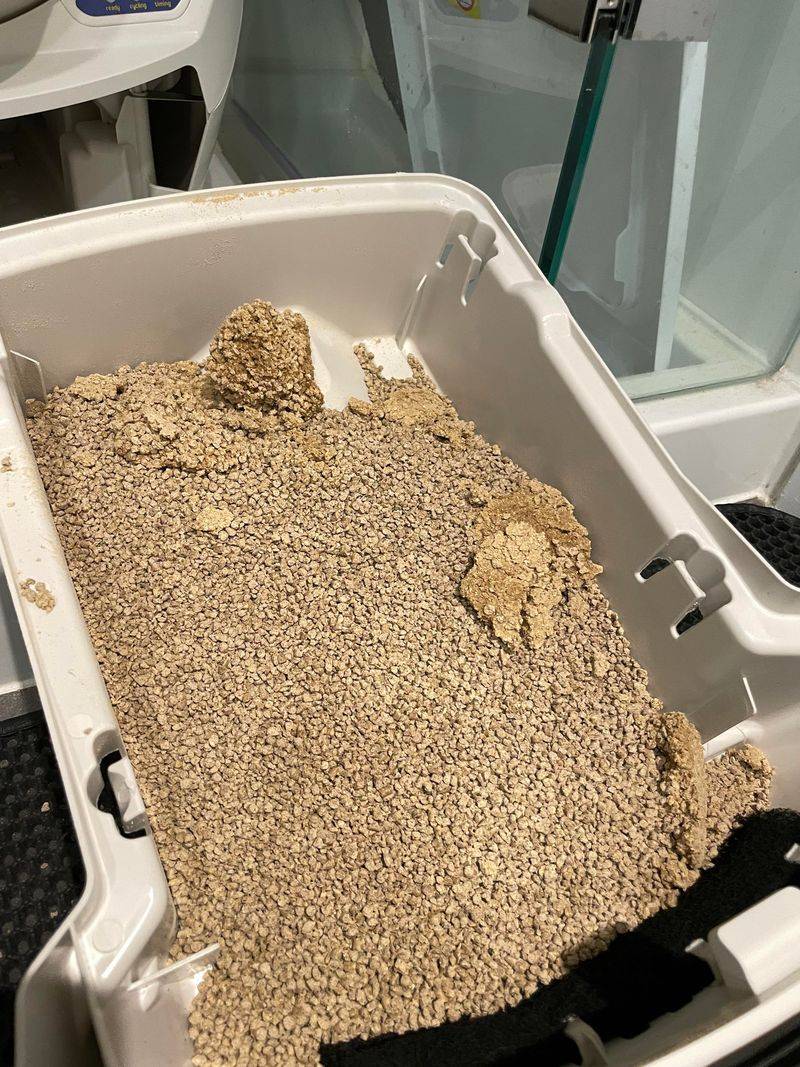
Pet waste isn’t suitable for compost. It can contain harmful pathogens that aren’t eliminated through regular composting methods.
Keep your compost safe by excluding pet feces, focusing instead on plant-based kitchen scraps and yard waste.
This precaution ensures the compost you use is free from contaminants, making it safe to apply to your garden soil.
21. Monitor pH Levels

Balance is key. Monitoring the pH levels of your compost ensures it’s not too acidic or alkaline, which can affect plant growth.
Use a pH meter to check your compost regularly. Make adjustments by adding lime to increase alkalinity or pine needles to increase acidity.
A balanced pH level enhances nutrient availability in your compost, ensuring it supports healthy plant development.
22. Use Bokashi Method

Bokashi offers a unique approach. This method involves fermenting food waste with beneficial microbes, speeding up decomposition and minimizing odors.
Set up a Bokashi bin in your kitchen for convenient scrap collection and fermentation. Once fermented, the waste can be added to your compost pile or buried directly in the garden.
This technique complements traditional composting, expanding your ability to recycle food waste efficiently.

